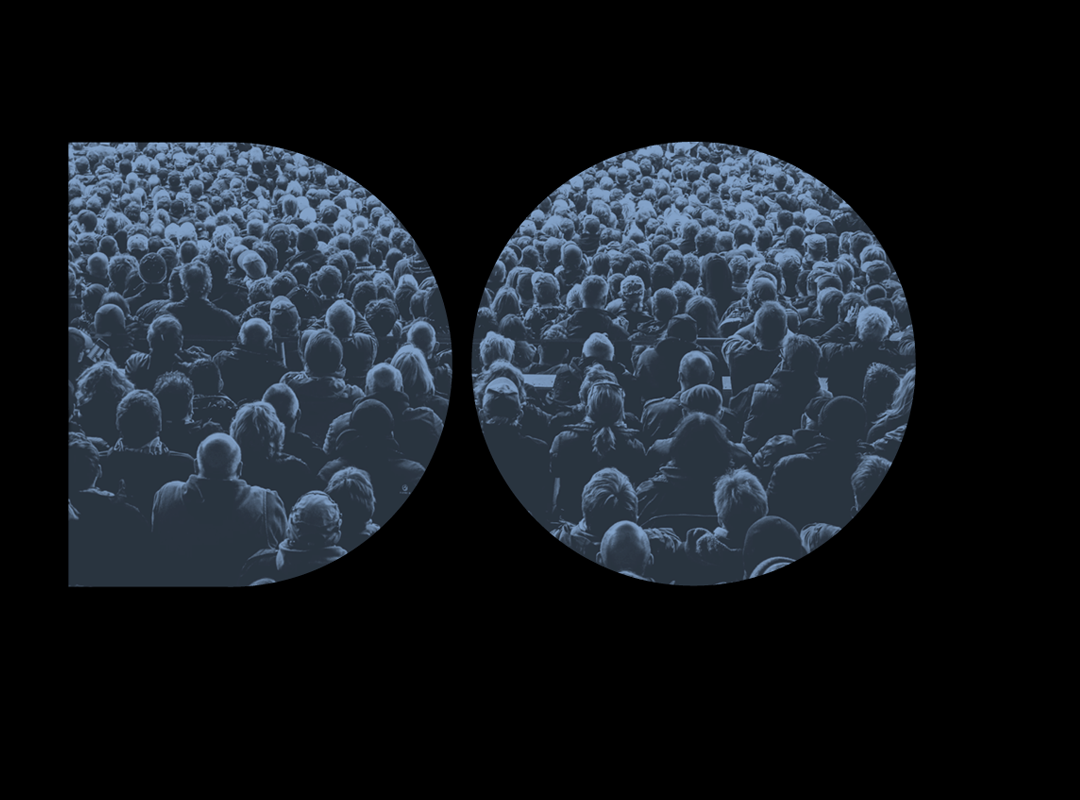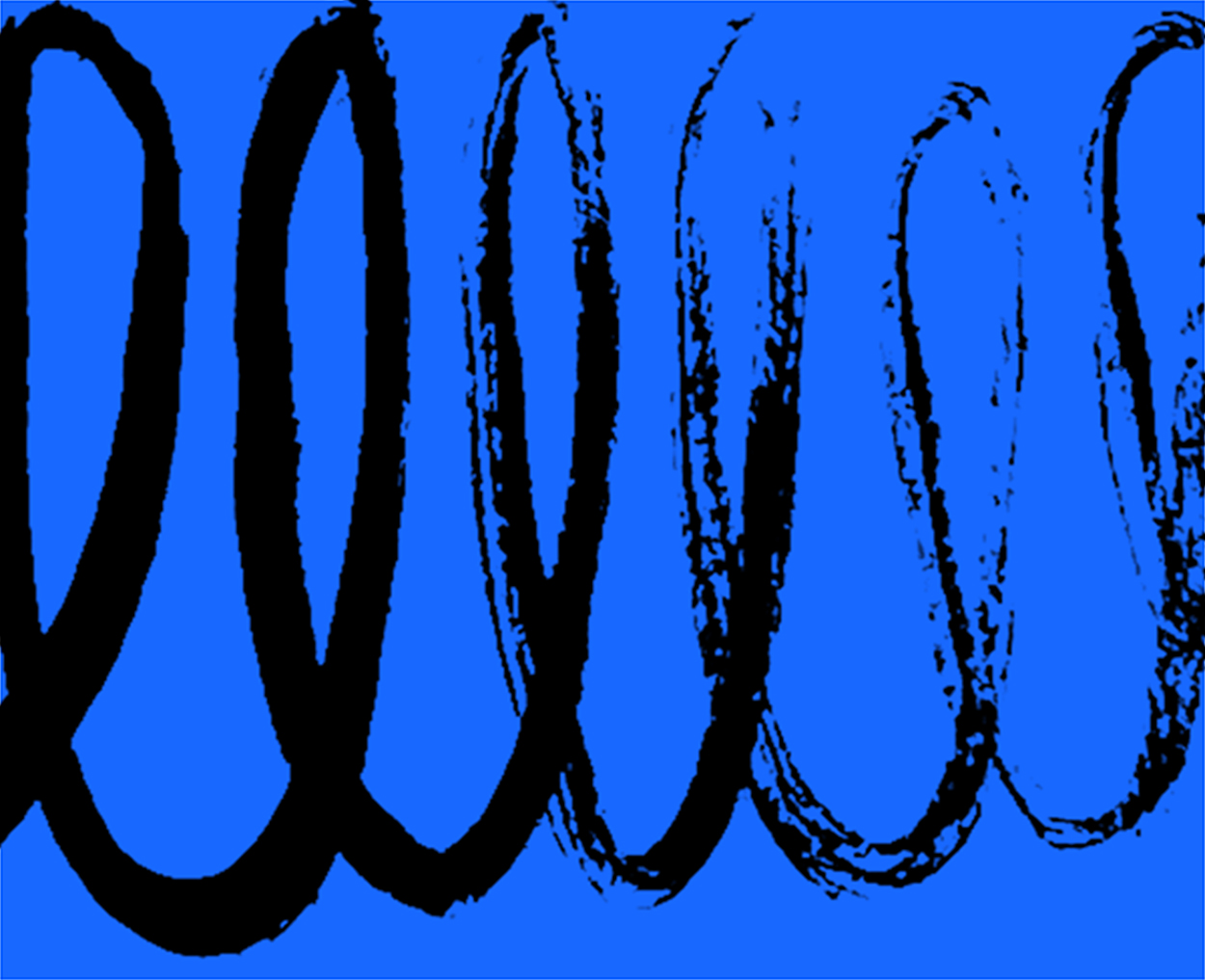
March 30, 2010
Texts Without Context

I keep thinking about Michiko Kakutani’s piece from last Sunday’s New York Times, Texts Without Context. In it she summarized a number of books, including Jaron Lanier’s You Are Not A Gadget, that begin the discussion of what is being lost to culture by the supremacy of the web. I have had such thoughts myself over the past year, but suppressed most of them out of the fear that I was just not getting it. I am a notoriously late adopter, as well as a bit of a romantic, and I thought I might just be over the hill at 37. But here is a troop of books by people with other skills—economic, technological—saying fearful things about the future of reading, writing, research, creativity with which I agree. There seems to be a relentless media push forward at the moment which shames those who mourn the past, and makes the desire for correction seem retrograde. I joined Twitter a month ago, and I am still not sure it isn’t a venue for people in the media to talk at each other. Or something that gives smartphone users a reason to use their phones. If you read the Times Business section you might think EVERYONE had an iPhone. And I know from the contents of my own purse that’s not true.
There were a number of passages in Kakutani’s essay that rang true to my own experience… and for the career prospects of those of us who think writing is worth something.
As John Updike pointed out, [Kevin] Kelly’s vision would in effect mean “the end of authorship” — hobbling writers’ ability to earn a living from their published works, while at the same time removing a sense of both recognition and accountability from their creations. In a Web world where copies of books (and articles and music and other content) are cheap or free, Mr. Kelly has suggested, authors and artists could make money by selling “performances, access to the creator, personalization, add-on information” and other aspects of their work that cannot be copied. But while such schemes may work for artists who happen to be entrepreneurial, self-promoting and charismatic, Mr. Lanier says he fears that for “the vast majority of journalists, musicians, artists and filmmakers” it simply means “career oblivion.”
Indeed, I fear oblivion every morning.
[Lanier] points out that much of the chatter online today is actually “driven by fan responses to expression that was originally created within the sphere of old media,” which many digerati mock as old-fashioned and pass, and which is now being destroyed by the Internet. “Comments about TV shows, major movies, commercial music releases and video games must be responsible for almost as much bit traffic as porn,” Mr. Lanier writes. “There is certainly nothing wrong with that, but since the Web is killing the old media, we face a situation in which culture is effectively eating its own seed stock.”
And it is not just old stuff. The amount of duplication of information blog to blog is staggering. I saw OK Go’s new video in five different contexts within a couple of days, meaning that it became old news almost immediately. If the lifespan of a work is five minutes, why should you spend more than five minutes making it? (I ask, having made the rounds with several publishers over the last six months.)
“Serendipitous encounters” with persons and ideas different from one’s own, [Sunstein] writes, tend to grow less frequent, while “views that would ordinarily dissolve, simply because of an absence of social support, can be found in large numbers on the Internet, even if they are understood to be exotic, indefensible or bizarre in most communities.” He adds that studies of group polarization show that when like-minded people deliberate, they tend to reinforce one another and become more extreme in their views.
This is why I still subscribe to the New York Times. If I didn’t, I am not sure I would have ever seen Kakutani’s essay. I am not sure I would have heard of Jaron Lanier’s book without my weekly flip through the Book Review. As I page through the paper, reading it from back (Arts) to front each day, I at least look at every headline. I have serendipitous encounters with all sorts of news I would not have thought I was interested in. It is one of the things my parents did every morning that bored me until, miraculously, it began to interest me. I hope my son can have serendipity too, and not the StumbleUpon kind.
Observed
View all
Observed
By Alexandra Lange
Related Posts

Business
Courtney L. McCluney, PhD|Essays
Rest as reparations: reimagining how we invest in Black women entrepreneurs

Design Impact
Seher Anand|Essays
Food branding without borders: chai, culture, and the politics of packaging

Graphic Design
Sarah Gephart|Essays
A new alphabet for a shared lived experience

Arts + Culture
Nila Rezaei|Essays
“Dear mother, I made us a seat”: a Mother’s Day tribute to the women of Iran
Recent Posts
Minefields and maternity leave: why I fight a system that shuts out women and caregivers Candace Parker & Michael C. Bush on Purpose, Leadership and Meeting the MomentCourtney L. McCluney, PhD|Essays
Rest as reparations: reimagining how we invest in Black women entrepreneurs Food branding without borders: chai, culture, and the politics of packagingRelated Posts

Business
Courtney L. McCluney, PhD|Essays
Rest as reparations: reimagining how we invest in Black women entrepreneurs

Design Impact
Seher Anand|Essays
Food branding without borders: chai, culture, and the politics of packaging

Graphic Design
Sarah Gephart|Essays
A new alphabet for a shared lived experience

Arts + Culture
Nila Rezaei|Essays

 Alexandra Lange is an architecture critic and author, and the 2025 Pulitzer Prize winner for Criticism, awarded for her work as a contributing writer for Bloomberg CityLab. She is currently the architecture critic for Curbed and has written extensively for Design Observer, Architect, New York Magazine, and The New York Times. Lange holds a PhD in 20th-century architecture history from New York University. Her writing often explores the intersection of architecture, urban planning, and design, with a focus on how the built environment shapes everyday life. She is also a recipient of the Steven Heller Prize for Cultural Commentary from AIGA, an honor she shares with Design Observer’s Editor-in-Chief,
Alexandra Lange is an architecture critic and author, and the 2025 Pulitzer Prize winner for Criticism, awarded for her work as a contributing writer for Bloomberg CityLab. She is currently the architecture critic for Curbed and has written extensively for Design Observer, Architect, New York Magazine, and The New York Times. Lange holds a PhD in 20th-century architecture history from New York University. Her writing often explores the intersection of architecture, urban planning, and design, with a focus on how the built environment shapes everyday life. She is also a recipient of the Steven Heller Prize for Cultural Commentary from AIGA, an honor she shares with Design Observer’s Editor-in-Chief,